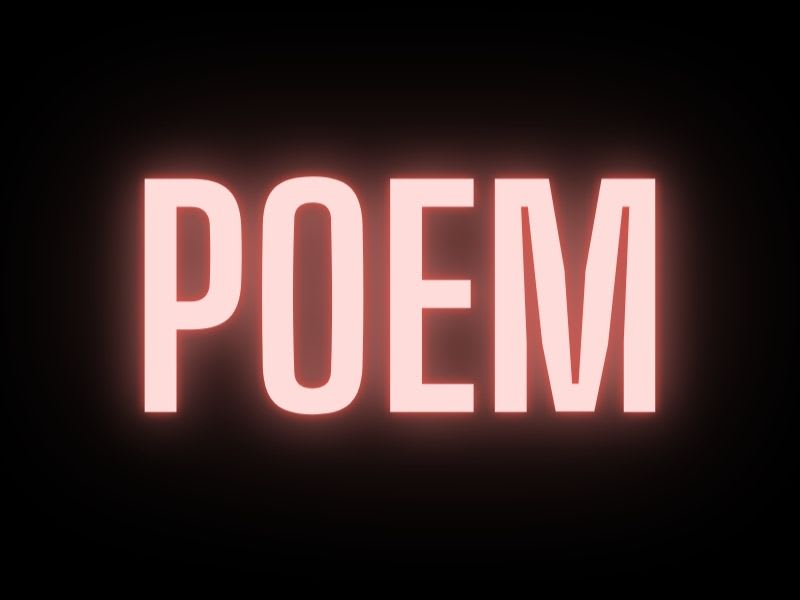How to write 101
Are you new to writing and do you want to develop your own style? Then join me for the ride!

I was sitting at my computer, when a thought popped into my mind: "how to write?" I don't mean learning how to spell, or how to use basic elements of grammar. I mean how to put all the tools you learnt in primary and secondary schooling to effective use. Put differently: how to find your writing style?
Let's start at the beginning: what is writing?
Writing is a skill. Like all skills, you have to practice it in order to see improvements.
Writing is communication. When you write, you're always writing for someone else, even if your audience may not be immediately identifiable.
Writing is caring. When you write you channel knowledge, imagination and emotion. Your writing can impact someone's life.
Writing is attention. We write to be read, even if we hate being read. To be read means means interest. That brings us back to "skill".
Okay, let's move on to some practical steps to finding a writing style.
1. Embrace the Blank Canvas
Every piece starts with an empty canvas, an opportunity for creativity. Before writing, center yourself. What message? What emotions? Create a mental roadmap.
2. Know Your Audience
Understanding your readers is paramount. Tailor your tone and style to resonate with their interests, concerns, or aspirations.
3. The Power of a Strong Opening
Engage readers from the outset with a compelling hook—a question, a vivid description, or a thought-provoking quote.
4. Craft a Well-Defined Structure
Organize your thoughts coherently with a clear introduction, body, and conclusion. Logical paragraphs provide a roadmap for your audience.
5. Master the Art of Editing
Editing refines your prose, ensuring clarity. Read critically, checking for errors and redundancy. Don't hesitate to make significant revisions.
6. Show, Don't Tell
Paint a vivid picture with words, using sensory details, dialogue, and evocative language to immerse readers in the narrative.
7. Find Your Voice
Experiment with styles, tones, and perspectives until you discover a voice that feels authentic to you.
8. Embrace Creativity
Don't fear taking risks and exploring uncharted territories. Creativity unlocks the true magic of writing.
9. Read Widely and Voraciously
Explore different genres, authors, and styles. Take note of techniques and don't be afraid to let literature inspire your own writing. Too many writers have chips on their shoulders. Hemingway didn't start out as Hemingway. It was a process. A "becoming."
10. Embrace Rejection as a Stepping Stone
View rejection as a stepping stone toward growth. Use feedback constructively, learn from setbacks, and let resilience be your guiding force.
Wrapping up
Writing is not a mystery, it's an everyday activity. Find fields of writing that suit your interests. Find "mentors" or skilled writers in that field. Study their craft. Borrow and steal from them. Use whatever tools you can find to write.
Writing is about emotions stirred, ideas shared, and impact made. So, pick up your pen or keyboard and let the symphony of your imagination play on!
Ten Useful books about writing
Finally, here are some of the top-selling books on Amazon about writing:
The Kick-Ass Writer by Chuck Wendig
Dreyer’s English by Benjamin Dreyer
The Elements of Style by Strunk, White, and Kalman
The Story Grid by Shawn Coyne
A Swim in a Pond in the Rain by George Saunders
Bird by Bird: Some Instructions on Writing and Life by Anne Lamott
On Writing: A Memoir of the Craft by Stephen King
Smart Brevity: The Power of Saying More with Less by Roy Scwhartz et al.
Save the Cat! Writes a Novel: The Last Book On Novel Writing You’ll Ever Need by Jessica Brody
On Writing Well: The Classic Guide to Writing Nonfiction by William Zinsser
Related How-tos
How to write persuasive copy and win customers - the Gary Halbert way
Improve your copywriting straight away with these 10 tips based on Gary Halbert's method.

How to write a poem
This simple guide is a starting point for anyone interesting in writing poetry.

How to write a killer sentence
In this writing workshop, we go back to basics and ask what makes a good sentence.

